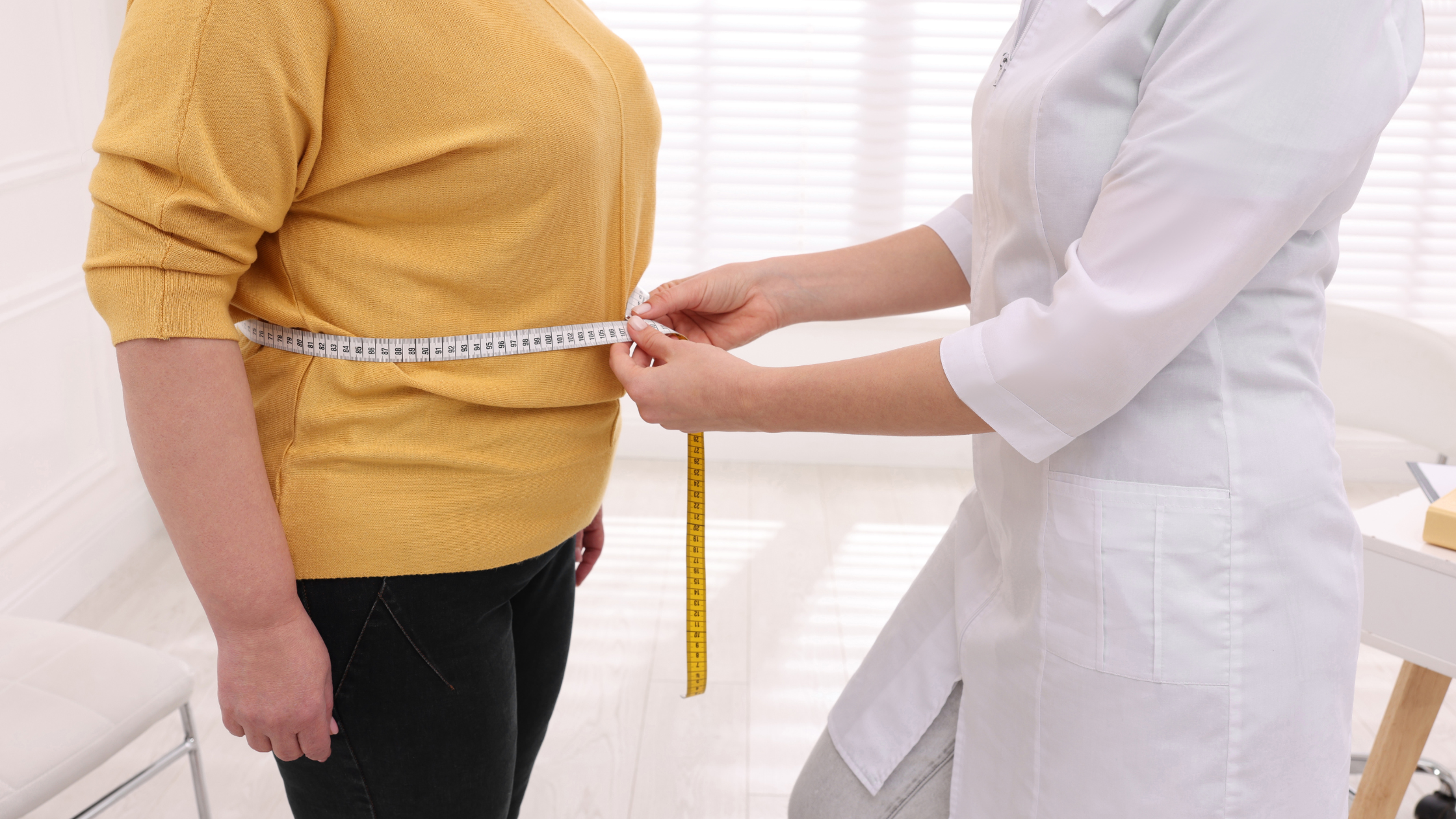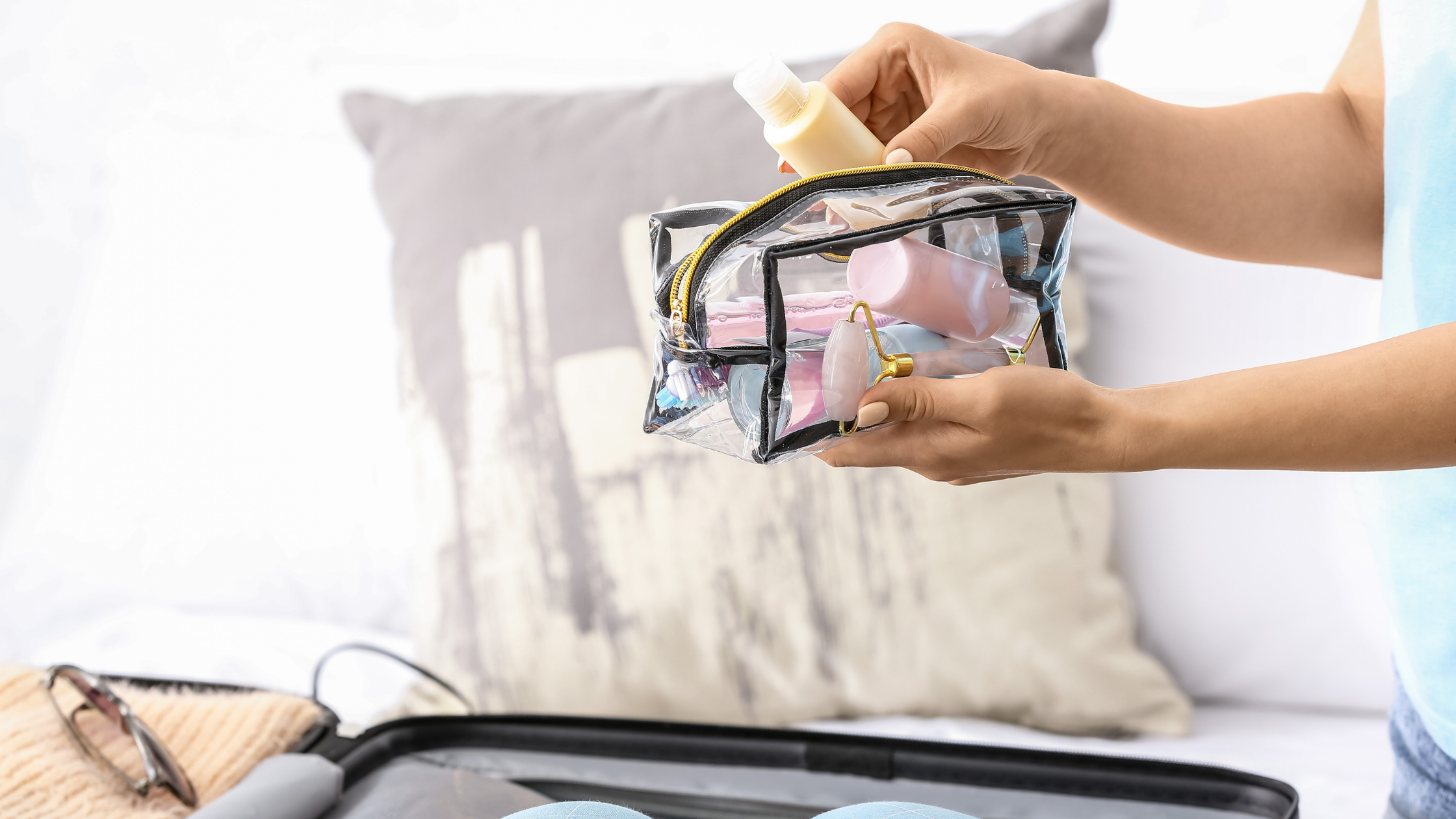A breast enlargement is one of the most frequently requested cosmetic procedures in the UK.
The surgery involves placing breast implants between the breast tissue and chest muscle or behind the chest muscle depending on the patient’s desired outcome.
When you have breast enlargement surgery you should expect to replace your implants every ten years. This can vary depending on each patient, and some patients can have their implants in safely for much longer.
Breast implants need replacing as the skin and tissues of the breast age just like the rest of you and, at some point, you will need to replace your implants.
A breast implant replacement can occur for many reasons, some patients want to exchange their implants for a bigger size and some other reasons may be due to complications such as a rupture, a capsular contracture or an implant malposition.
A ruptured silicone breast implants can cause breast pain or changes in the contour or shape of the breast. Sometimes a rupture can go unnoticed because the silicone tends to remain trapped in the surrounding tissue – this is known as a silent rupture. It’s also possible for the tissue to become irritated and swollen. Additional scar tissue also might form which can cause problems in the breast, including:
- Pain, soreness or swelling
- Changes in size or shape
- Lumps
- Hardening
A capsular contracture occurs when the capsule of protective tissue that your body naturally develops around any foreign device, such as breast implants, hardens. This can be painful for patients and also adversely affect the shape of your breast.
Implant malposition happens when your implant moves out of its original position because the skin and tissue of your breasts have weakened. It may drop below the inframammary fold, which is the crease beneath your breasts, or drift towards your armpit. Implant malposition is particularly common in women who perhaps got a larger implant than their body can hold.
If you are concerned that your breasts have changed their shape, size or look you can book in to meet directly with your surgeon to discuss your concerns.
To discuss in more detail you can directly contact your Patient Co-ordinator or email our Patient Liaison Executive (siobhan.dewey@pallmallmedical.co.uk) who will be able to help.






